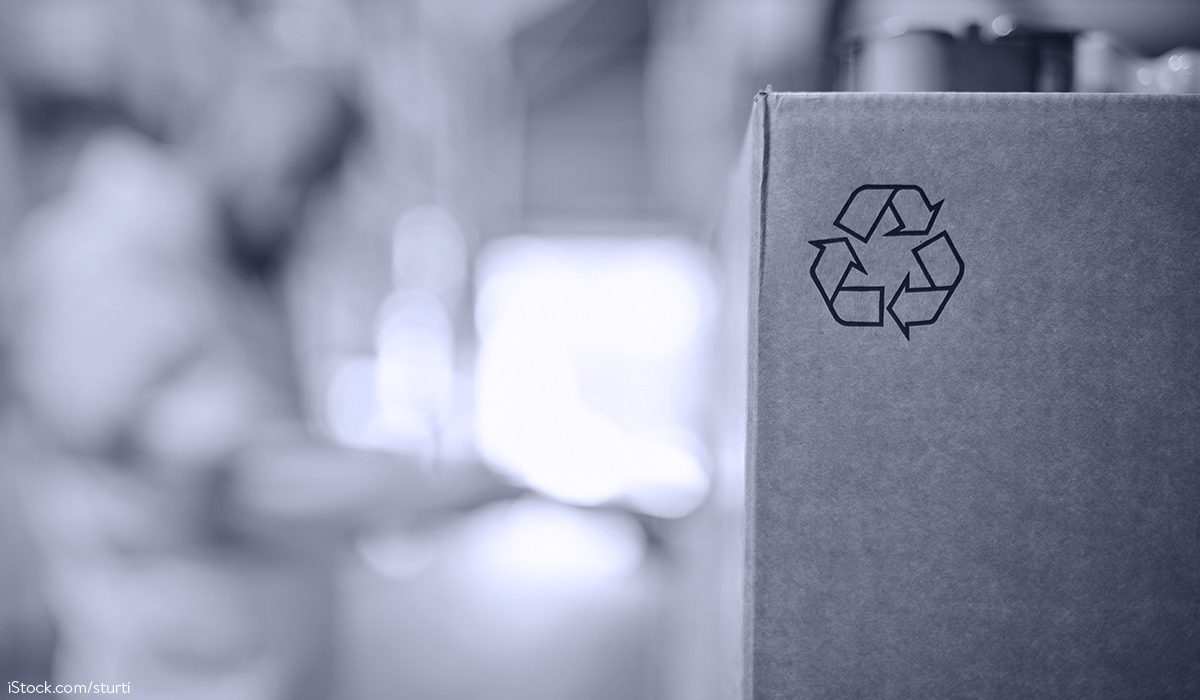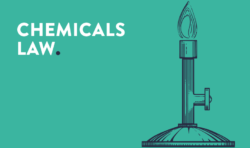Against the background of increasing environmental awareness among the population, the legislator has decided to ban resource-inefficient, lightweight plastic carrier bags with a wall thickness between 15 and less than 50 microns. According to the explanatory memorandum to the law, the aim of the law is to “continue the positive development in the reduction of lightweight plastic carrier bags on the basis of the “Agreement on the Reduction of the Consumption of Plastic Carrier Bags” of the Federal Ministry for the Environment, Nature Conservation and Nuclear Safety with the Handelsverband Deutschland – e. V. (HDE) of 26 April 2016 by means of the legal ban and to achieve a further significant reduction of lightweight plastic carrier bags in Germany“. In particular, the ban is intended to ensure that those final distributors who have not yet participated in the above-mentioned agreement will no longer be allowed to place lightweight plastic carrier bags on the market. The planned new ban also serves the consistent implementation of the obligation to achieve a permanent reduction in the consumption of lightweight plastic carrier bags laid down in Art. 4 para. 1a of Directive 94/62/EC on packaging and packaging waste.
To this end, an additional paragraph is added to the current Sec. 5 VerpackG, which so far only contains restrictions on the use of certain substances in packaging. The translated wording of the newly added paragraph 2 should read as follows:
“Final distributors shall be prohibited from placing on the market plastic carrier bags, with or without a carrying handle, with a wall thickness of less than 50 microns, which are intended to be filled with goods at the point of sale. The first sentence shall not apply to plastic carrier bags with a wall thickness of less than 15 microns, provided that they fulfil the other conditions laid down in Article 3(1d) of Directive 94/62/EC (…).”
Although the term “plastic carrier bag” is not defined in the present draft, the explanatory memorandum to the law makes it clear that the terms laid down in Art. 1 No. 1a to No. 1c of Directive 94/62/EC are to be used for this purpose and that bio-based and biodegradable plastic bags will thus also be affected by the ban. It should be noted that the legislator itself clarifies that, due to the location of the ban in the VerpackG, only placing on the market as packaging (i.e. as a packaging unit consisting of goods and packaging, which according to the current understanding of both the legislator and the Zentrale Stelle Verpackungsregister (ZSVR) also includes carrier bags which the consumer purchases in order to fill them with the goods at the till) and not as goods will be prohibited. Therefore, lightweight plastic carrier bags can continue to be produced and marketed as goods in Germany as long as this is not done by final distributors for filling with goods at the point of sale.
The exception in the second sentence concerns so-called very lightweight plastic carrier bags with a wall thickness of less than 15 microns, which are required for reasons of hygiene or are intended as primary packaging for loose foodstuffs, provided that this helps to avoid waste of foodstuffs (cf. Art. 3 No. 1d of Directive 94/62/EC). According to the explanatory memorandum to the law, this includes in particular those carrier bags used for transporting unpackaged fruit and vegetables.
Violations of the ban on the placing on the market of lightweight plastic carrier bags by final distributors are to constitute administrative offences and are punishable by a fine of up to EUR 100,000.00.
In order to enable final distributors to reduce existing residual stocks before the law enters into force, the law will not enter into force until six months after its promulgation in the Bundesgesetzblatt, which is equivalent to a transitional period of six months. It is not yet clear when the law will come into force, although it is expected that it will enter into force within one year at the latest.
Link to document: Draft law of the Federal Government of 15.01.2020 (BT-Drs. 19/16503)
Do you have any questions about this news or would you like to discuss the news with the author? You are welcome to contact: Michael Öttinger






